Leveraging and maximizing existing
IT infrastructure and capacity
One of the core principles considered in the country recommendations is to maximize the existing IT
infrastructure and data ecosystems already in place, instead of creating a parallel system and
“reinventing the wheel”. In general, the approach should be “build on what you have''. The digital
systems will keep on evolving and, at some point, every country programme will need to jump systems.
For some, that shift might come sooner, while for others it might be a better option to shift at a
later time. There should always be consideration of when it may make sense to change systems, followed
by a full cost–benefit analysis, aligning with the country’s national HMIS/M&E plans and digital
health national strategies.
In addition, if there is an opportunity to integrate the TB surveillance system into an existing sound
general electronic medical records (EMR) system, it might be a better option, but without compromising
the need for comprehensive TB surveillance.
The recommendations aim to leverage the following key strengths of the countries.
❖ Existing software/Data ecosystem
The assessment revealed that almost every country has some form of digital infrastructure and capacity
in place. As indicated earlier, eight countries have DHIS2-based systems in different phases of
implementation, and five countries are already using e-TB Manager-based systems. Kenya, India,
Indonesia, Mozambique, Philippines and South Africa have systems developed by their internal IT teams.
This infrastructure provides the country with an excellent launchpad for creating a comprehensive
digital TB surveillance system without much need to depend on external systems. However, while the
existing platforms provide a core foundation, countries may use this assessment report to discover
different functional and technical innovations and modules that other countries are implementing.
There is also a great deal of scope to integrate external digital innovations into the core foundation
countries already have in place.
This approach makes the digital roadmap not only cost-effective, but also sustainable in the long run,
as it has the potential to integrate with the overall health system and help to reduce health data
silos.
❖ Human resource/IT capacity
In line with this core principle, countries should maximize and strengthen the human resources and IT
capacity already available in countries. For example, one of the most common recommendations is to
leverage the existing DHIS2 resources or other technical experts already in the countries.
Capacitating and increasing existing resources will not only lead to a smooth transformation of the
digital landscape in the country, but also ensure long-term sustainable growth. The recommendation is
for these digital initiatives to be increasingly country-led, strengthening the country's in-house
technical team and capacity.
❖ Hosting and deployment environment
Like software applications, the recommendation ensures that countries' existing hosting and deployment
environments, such as servers, clouds, data warehouses and repositories, are maximized.











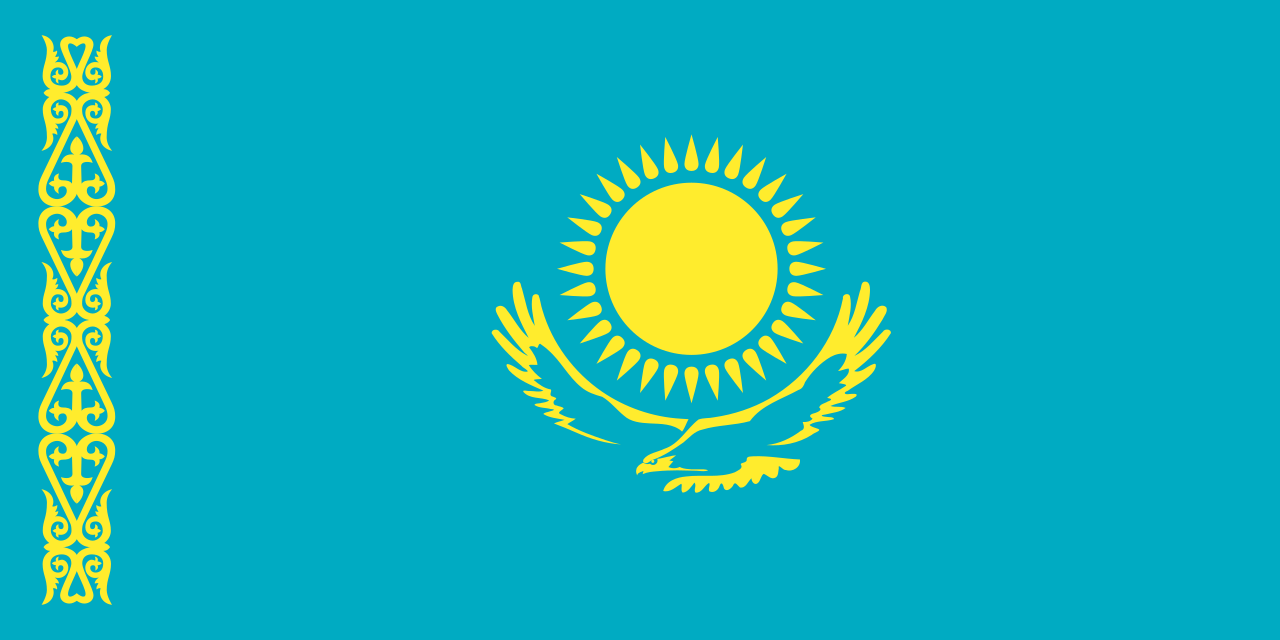

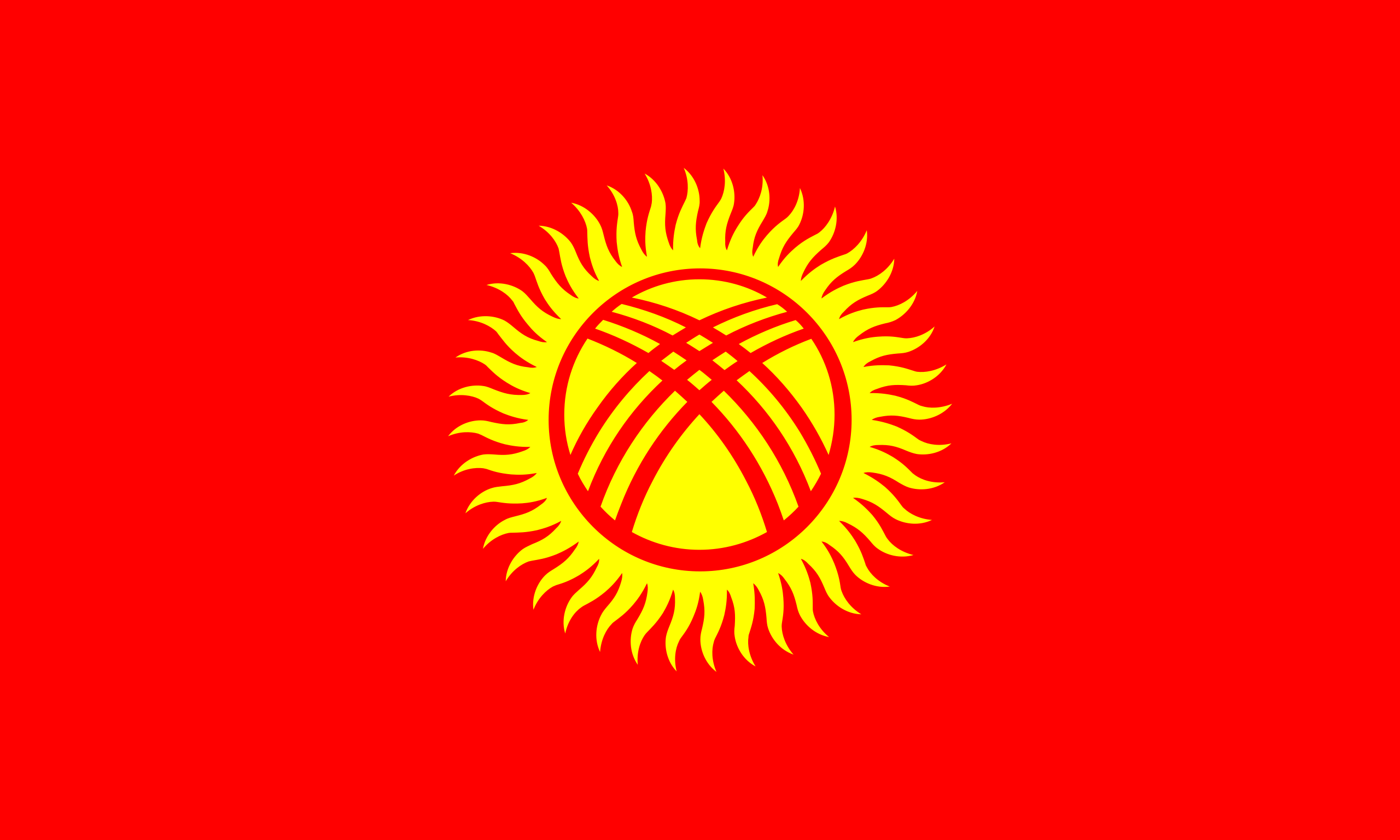
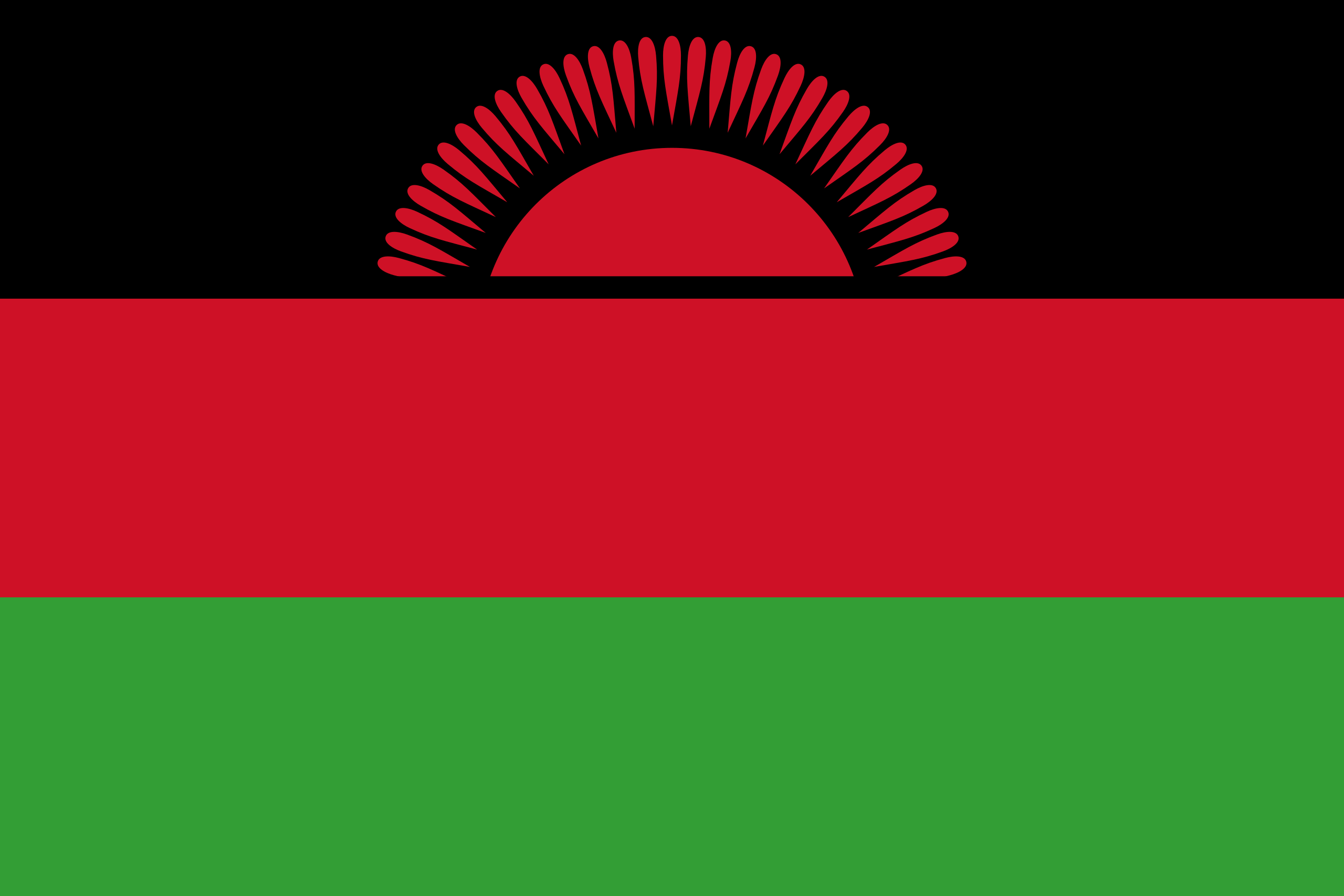




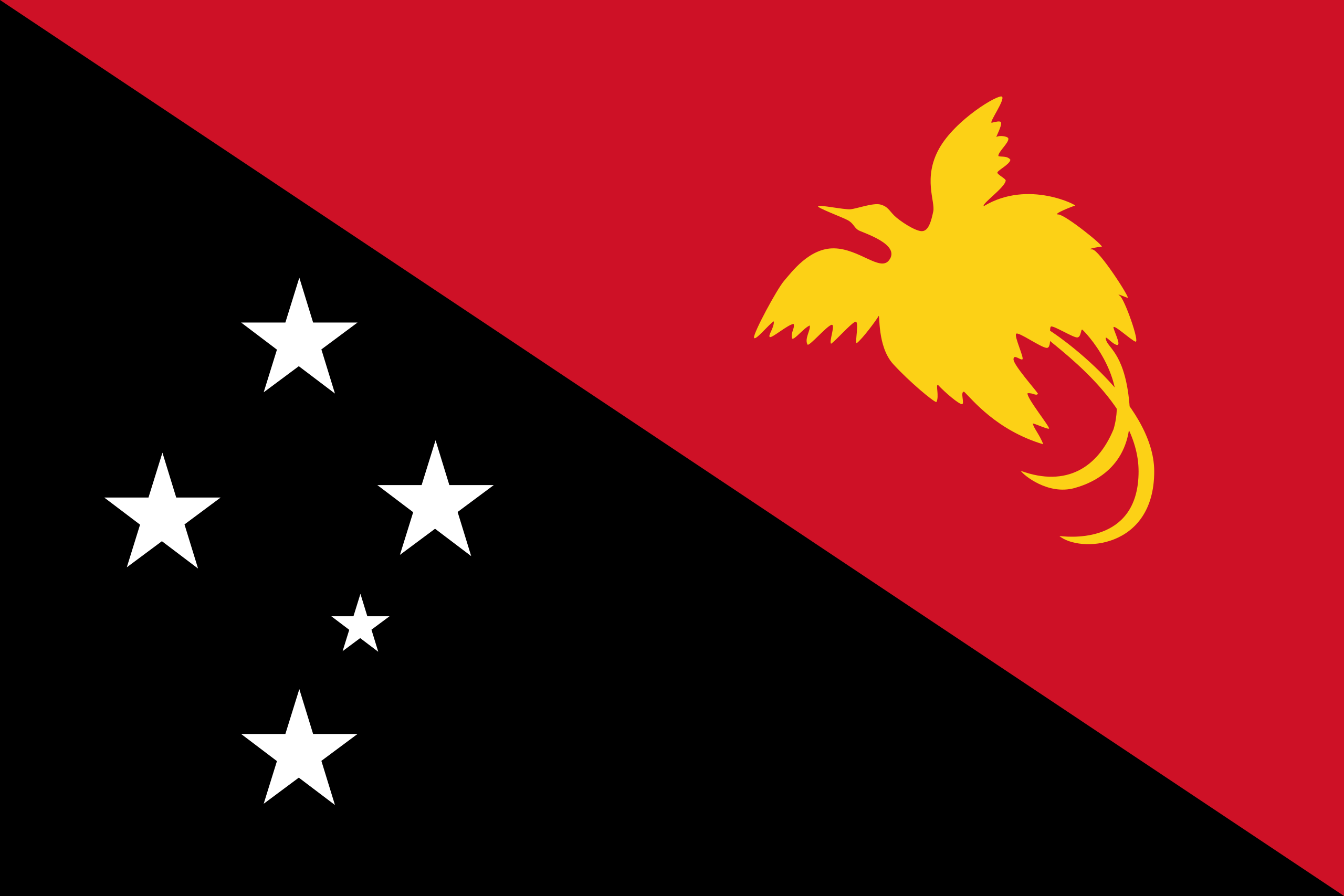



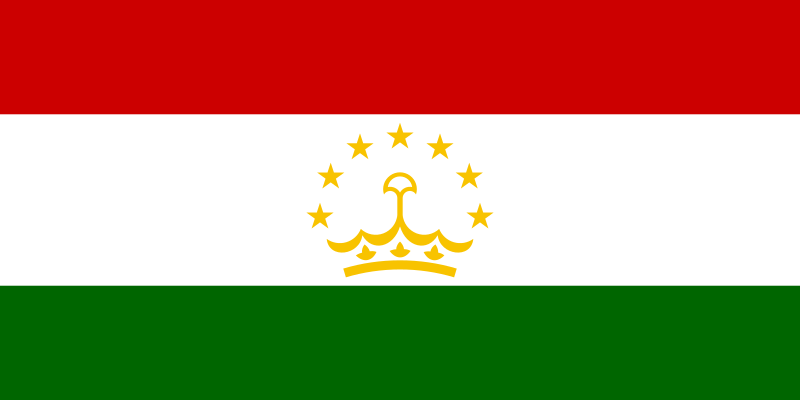



























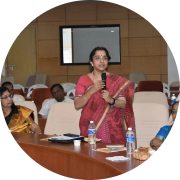

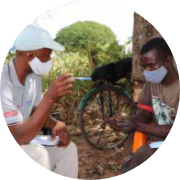





 Myanmar
Myanmar South Africa
South Africa





















.png)


.png)


.png)































